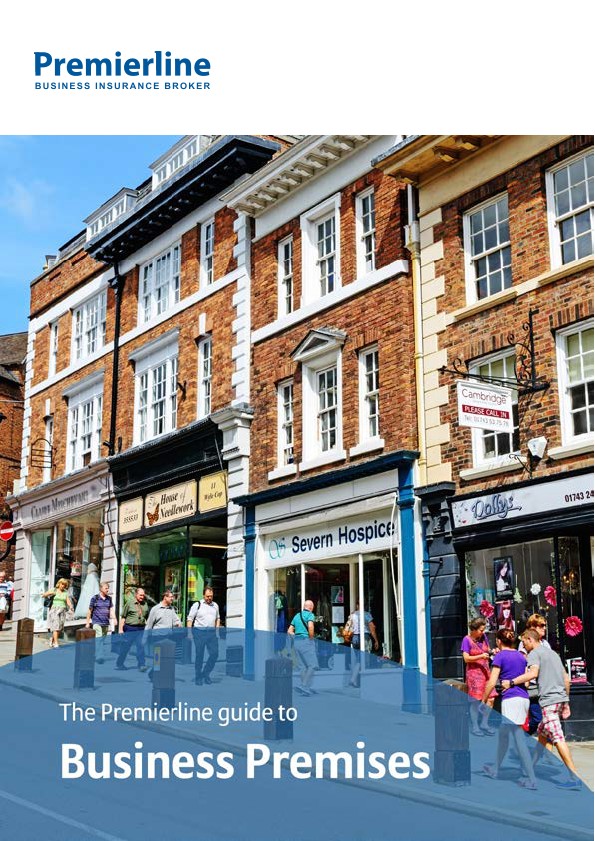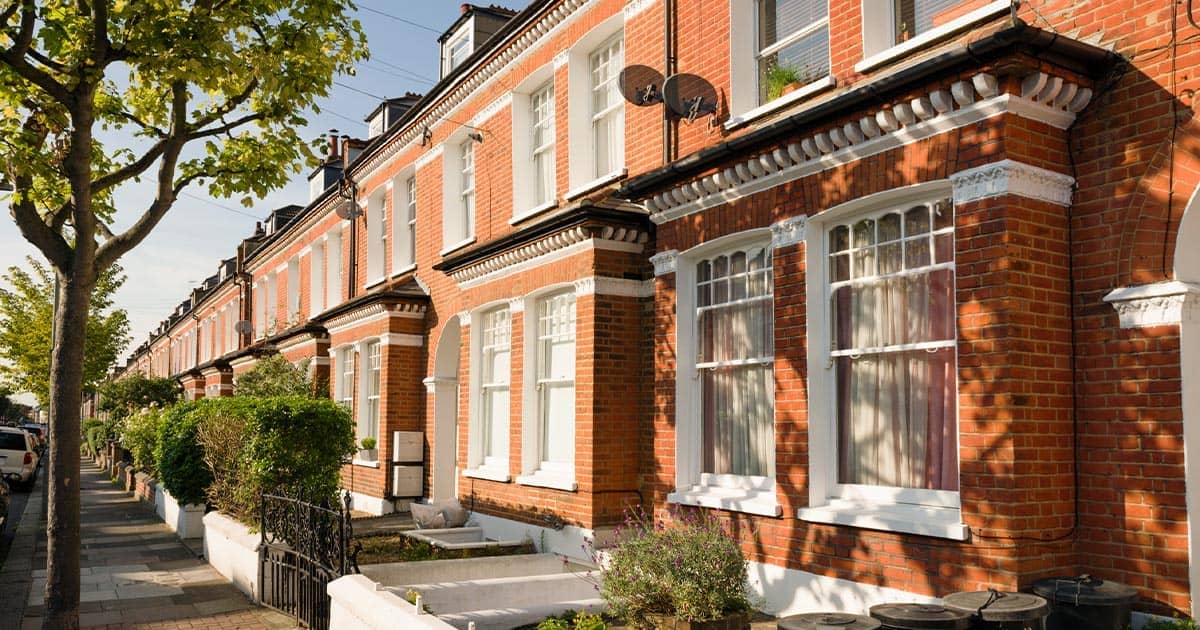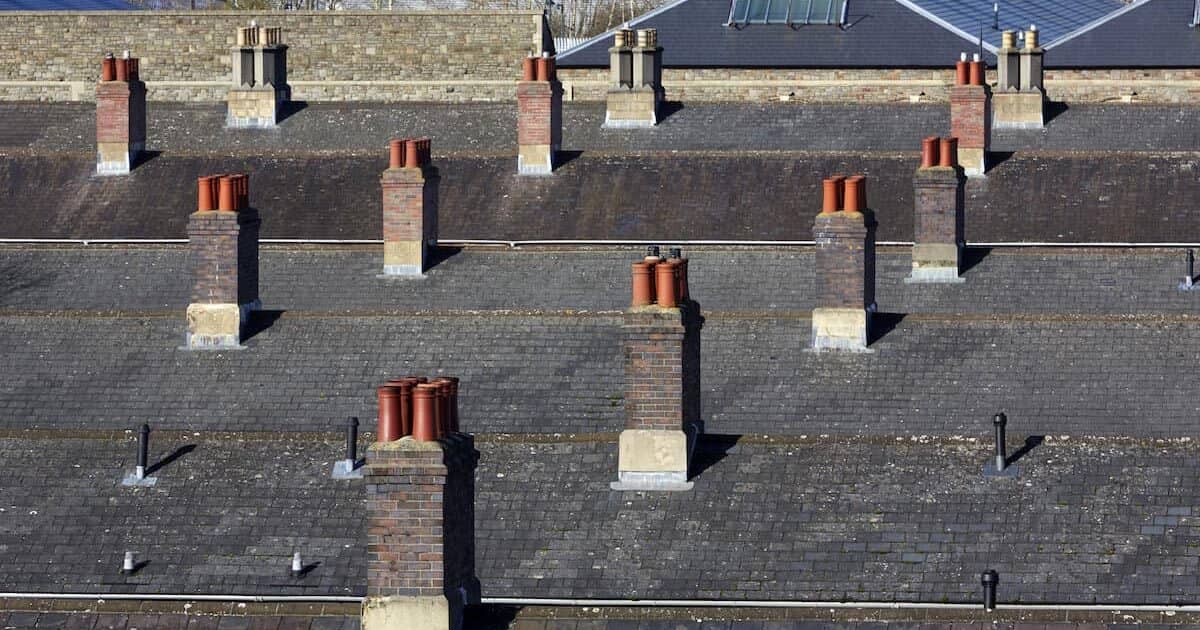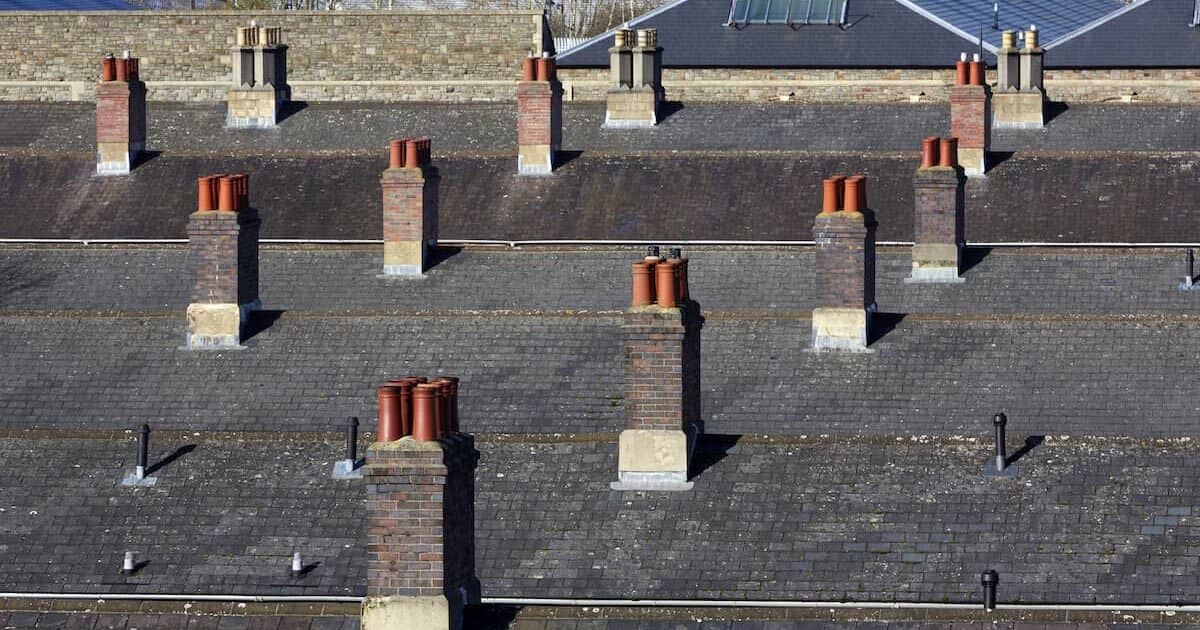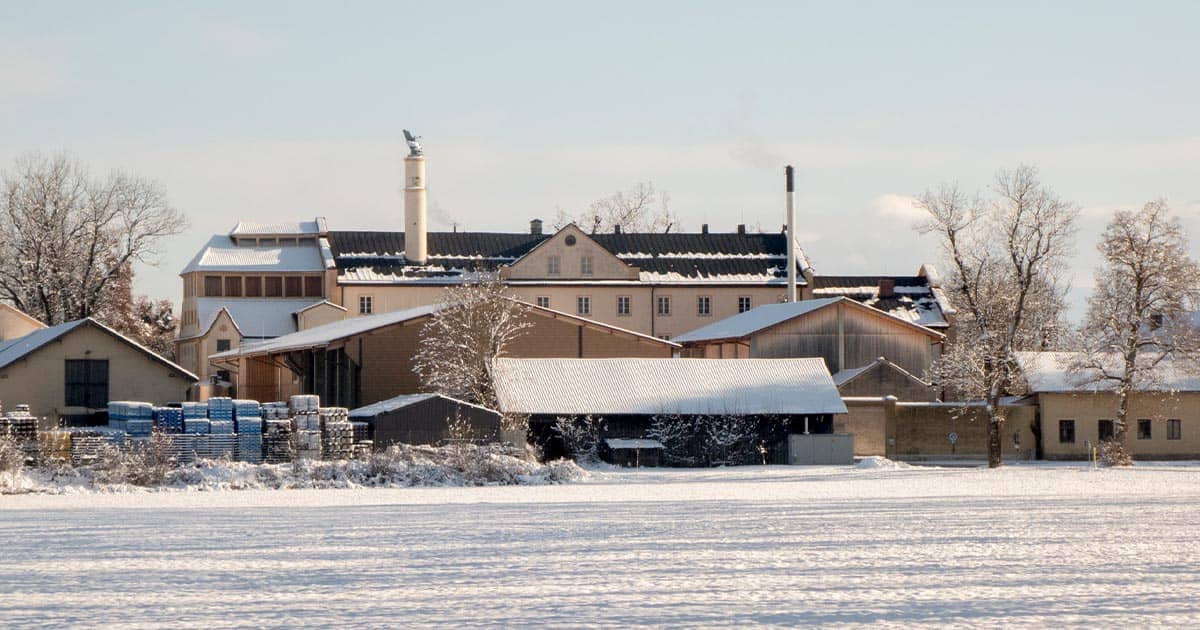Business Premesis Guide: Insurance
“Whether you’re trading from your commercial property, or leasing it to another business it’s essential you have the right insurance in place to protect your investment against the unexpected.”
says Alex McLaggan, Chartered Broker for Premierline.
There are two main aspects of commercial property insurance:
Buildings Insurance
Buildings insurance covers the cost of repairing, replacing or rebuilding your business premises if it is damaged or destroyed following an insured event. This insurance is not required by law but most mortgage providers will insist that you take out a policy to cover the building.
You should insure your business premises against the cost of rebuilding the property, not the sale price or market value. Factors to consider when establishing a rebuild cost will include; how long it will take to rebuild the premises (keeping in mind all of the materials that would be needed to rebuild) professional fees, site clearance and the contractors costs.
“It’s always advisable to seek the help of a professional valuer when setting your rebuild value. Investing in this service leaves you safe in the knowledge that the cost of rebuilding your business premises has been accurately assessed.” adds Alex
Contents/ Stock Insurance
Whether you are buying or renting a commercial property, you should consider the cost of replacing your business equipment and stock, if it is stolen or damaged after an insured event. Stock is normally insured as a separate item alongside your contents insurance.
Stock Insurance should take into account the cost price of your products, rather than the sale price. The stock sum insured should be set to the maximum amount it could be at any one time, for example around Christmas, and you should factor this into your estimations.
Alex comments, “Dependent on the nature of your business, you may have raw materials, work in progress or hold goods in trust on behalf of your customers. Regular monitoring of your stock insurance can help avoid shortfalls in cover at a time when you need it most.”
Tip:
Download our guide to
Business Premises
Find out more about our full Business Premises Guide here or browse through the content below to learn more.
- Making the decision to move premises
- Finding the right premises
- Additional costs of business premises
- Taking a business lease
- Building surveys for business premises
- Making an offer on business premises
- Taking a business licence
- Planning permission for business premises
- Buying business premises
- Business premises insurance
